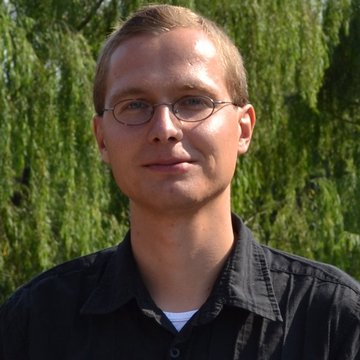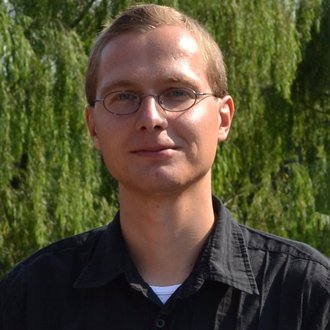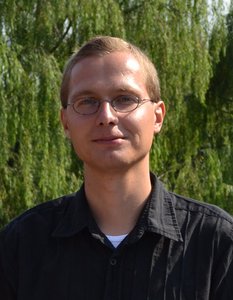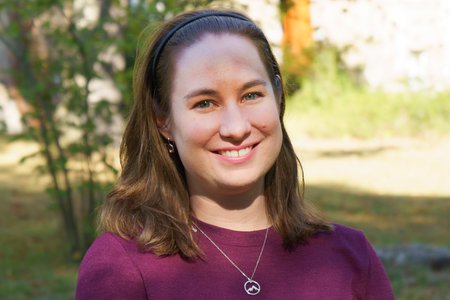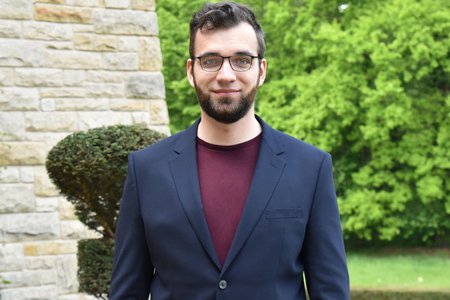Dr Andreas Schulze awarded with Michelson prize
The University of Potsdam awards Dr Andreas Schulze with this year's Michelson prize. Schulze worked on his thesis about "Demographics of Supermassive Black Holes" at the Leibniz Institute for Astrophysics Potsdam (AIP).
Schulze currently works at the Kavli Institute for Astronomy and Astrophysics at Peking University, China. The award is shared with Dr Eva-Theresa Pyl, who is honoured for her thesis in the field of molecular plant physiology.
The award was established in honour of the physicist and Nobel laureate Albert Abraham Michelson and his spearheading research results.
The University of Potsdam awards Dr Andreas Schulze with this year's Michelson prize. Schulze worked on his thesis about "Demographics of Supermassive Black Holes" at the Leibniz Institute for Astrophysics Potsdam (AIP).
Schulze currently works at the Kavli Institute for Astronomy and Astrophysics at Peking University, China. The award is shared with Dr Eva-Theresa Pyl, who is honoured for her thesis in the field of molecular plant physiology.
The award was established in honour of the physicist and Nobel laureate Albert Abraham Michelson and his spearheading research results.
Images
Dr Andreas Schulze.
